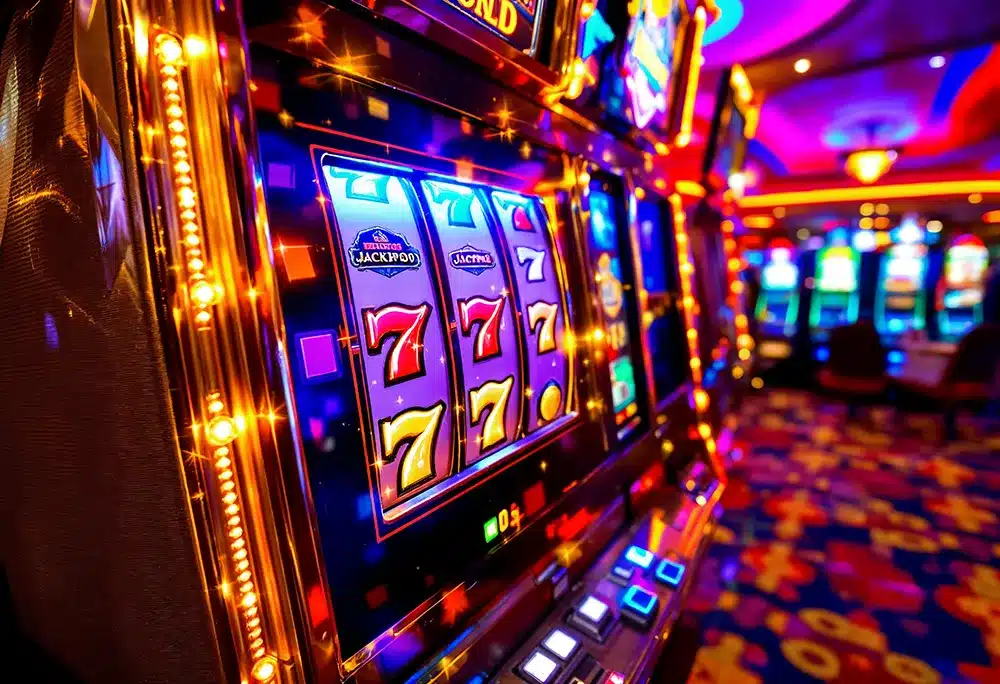
The online casino industry has grown rapidly in Southeast Asia, and the Philippines stands out as one of the region’s leading hubs for digital gaming. Behind this success is a regulatory framework that allows casinos to operate legally and safely—commonly referred to as the Philippines online casino license.
But what exactly does this license mean? Who issues it, and why is it important for both players and operators? In this guide, we’ll break down everything you need to know about how online casino licensing works in the Philippines, without the jargon.
Why Licensing Matters in Online Gambling
When you enter an online casino, you’re trusting that the games are fair, your personal information is protected, and your winnings will be paid out. A license is what makes that trust possible. It acts as a stamp of approval, indicating that the casino has met certain standards set by a regulatory authority.
Licensed casinos are required to follow strict rules related to security, fairness, financial transparency, and responsible gaming. For players, this means peace of mind. For operators, it means legitimacy—and often, better access to global markets.
Who Issues Online Casino Licenses in the Philippines?
There are two main bodies responsible for regulating online casinos associated with the Philippines. Each serves a different purpose and type of operator.
1. PAGCOR (Philippine Amusement and Gaming Corporation)
PAGCOR is a government-owned and controlled corporation. It oversees and regulates gambling activities within the country, including both land-based and internet-based operations that cater to Filipino residents. If a platform is aimed at players within the Philippines, PAGCOR is the primary licensing authority.
2. CEZA (Cagayan Economic Zone Authority)
CEZA manages the Cagayan Freeport and issues licenses to offshore gaming companies—those that operate from the Philippines but cater to international players. These are sometimes known as POGOs (Philippine Offshore Gaming Operators). CEZA licenses allow businesses to base their operations in the Philippines while serving customers abroad.
Other zones like Aurora Pacific Economic Zone (APECO) have also been involved in gaming licenses, but PAGCOR and CEZA remain the most prominent names.
What Does the Licensing Process Involve?
Obtaining a license to operate an online casino from the Philippines is not a simple or overnight process. It involves several steps designed to ensure the integrity and stability of the gambling platform.
Basic steps typically include:
Registering a legal business entity in the Philippines or applicable economic zone
Submitting a detailed business plan and financial records
Undergoing background checks on all major stakeholders
Certifying gaming software through approved testing labs
Installing compliance systems for anti-money laundering and player protection
Paying application and annual license fees
Licensing bodies may also require regular audits and compliance reviews after the initial approval.
Costs Involved in Getting Licensed
The cost of applying for and maintaining a license varies based on the scope of operations, the licensing body, and the type of games offered. However, it’s safe to say that running a licensed online casino requires a significant investment.
Common fees include:
Application fee (can range from USD $30,000–$50,000)
Annual licensing fee (often over USD $100,000)
Monthly revenue share or gaming tax (percentage of gross gaming revenue)
Compliance and audit costs
Software certification and security infrastructure
For businesses, the costs are balanced by the benefit of operating in a regulated, competitive, and globally recognized market.
Why This License Matters to Players
For users who enjoy playing online slots, poker, live dealer games, or sports betting, choosing a licensed platform is a smart decision. Here’s why:
Player protection: Licensed platforms are required to safeguard your data and funds.
Game fairness: Regular audits and RNG (random number generator) certifications ensure fair results.
Legal recourse: If a dispute arises, the regulatory body can mediate or enforce resolutions.
Responsible gambling tools: Many licensed sites offer deposit limits, time-out options, and self-exclusion features.
In short, a properly licensed platform is far more likely to operate fairly, pay out winnings, and maintain high standards of integrity.
How to Verify if a Casino Is Licensed
Before signing up on any online casino, you should confirm that it holds a valid license. Here’s how:
Check the website footer – Licensed casinos usually display their license number and the name of the issuing authority.
Look for PAGCOR or CEZA logos – These are clear indicators of regulatory oversight.
Visit the regulator’s official site – Some publish lists of licensed operators for public reference.
Do a quick search – Read reviews, Reddit discussions, or watchdog site reports to see if the platform is reputable.
If you can’t find any clear licensing information, it’s best to stay away.
Final Thoughts
The Philippines online casino license is more than just a government seal—it’s a crucial element that ensures fairness, transparency, and trust in the growing online gaming industry. For operators, it means access to a credible and regulated market. For players, it offers protection, confidence, and peace of mind.
As the digital casino space continues to expand, understanding the role of licensing helps you make smarter choices—whether you’re building a gaming business or simply looking for a safe place to play. Always look for the license, read the fine print, and choose platforms that value safety as much as entertainment.








